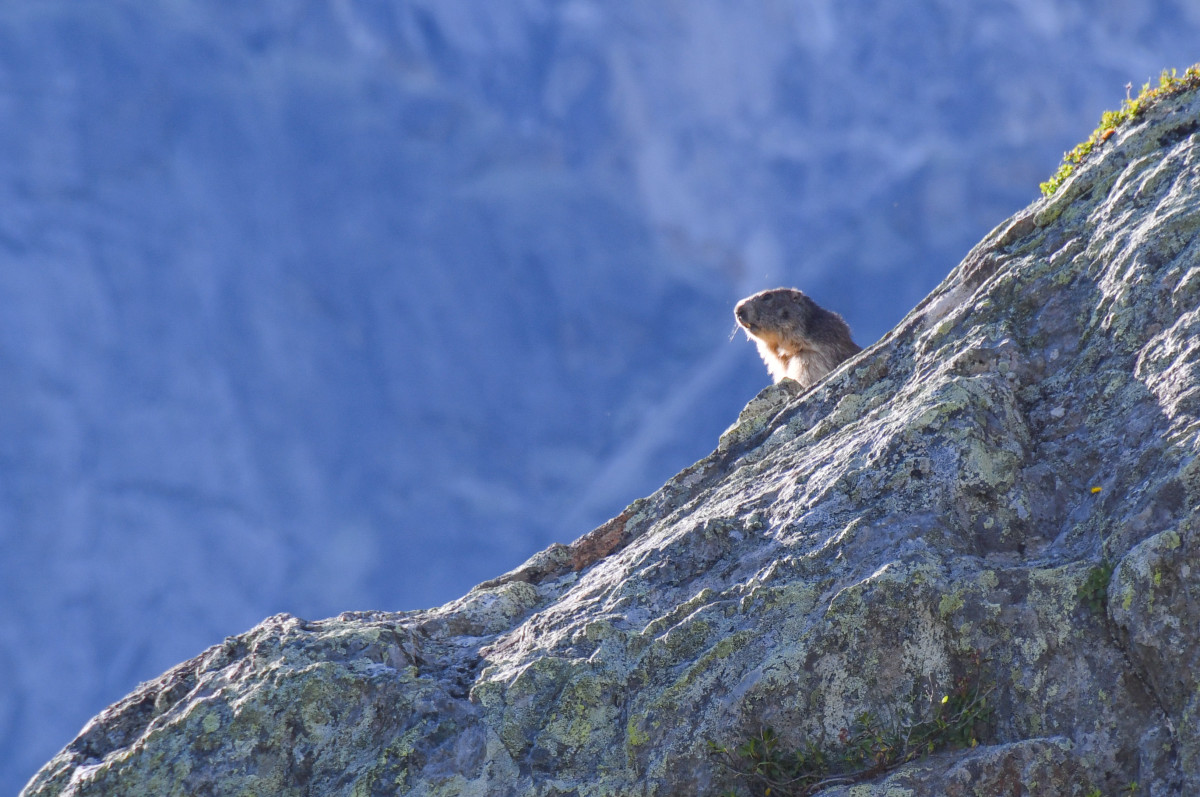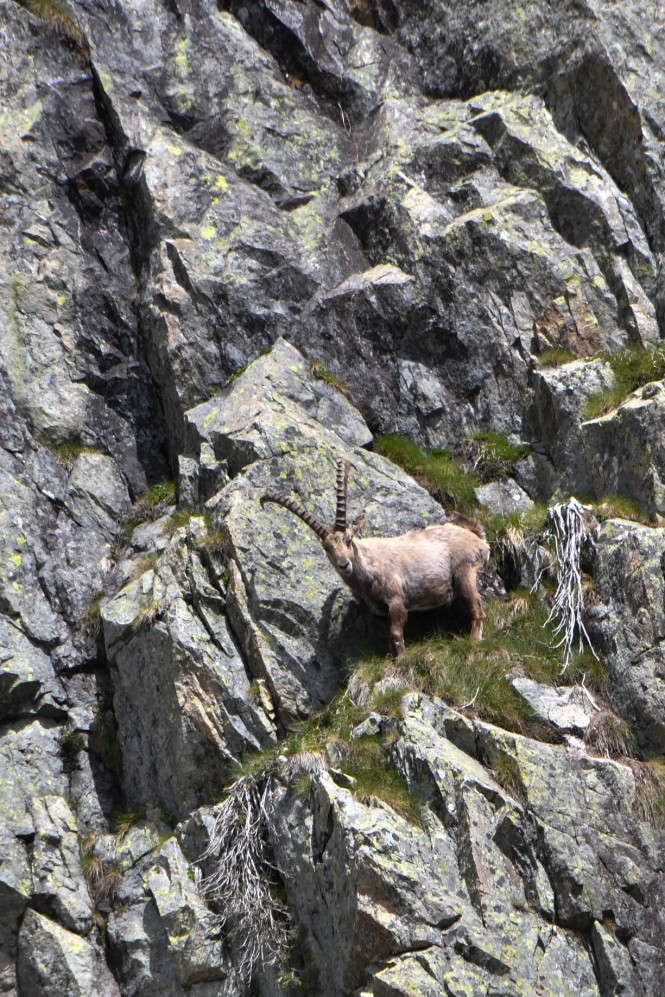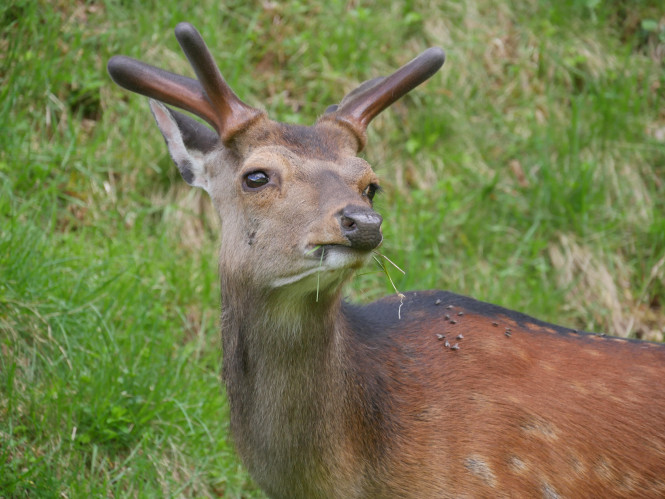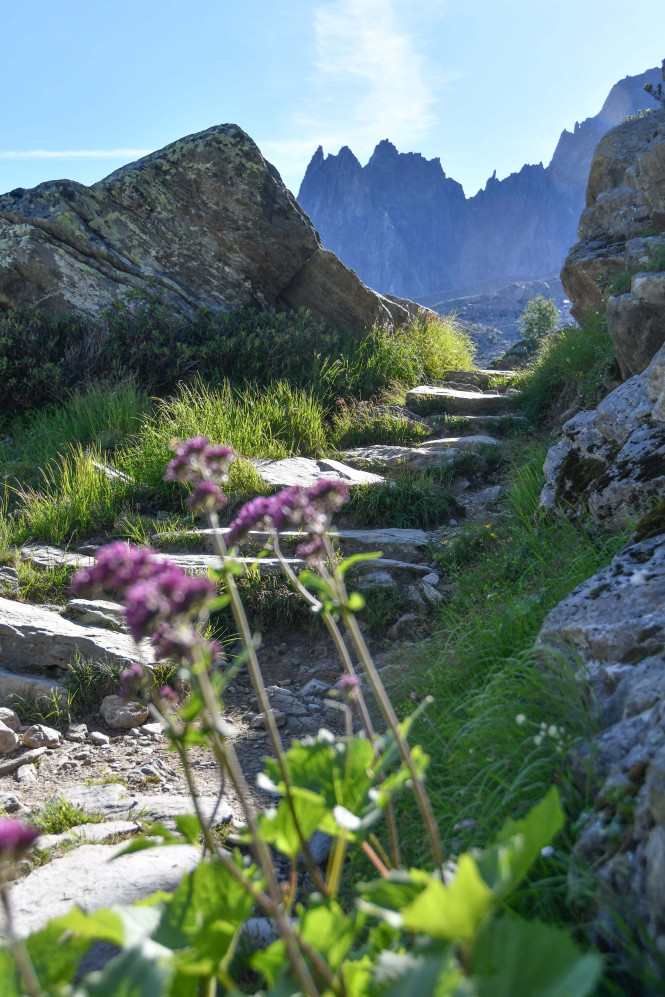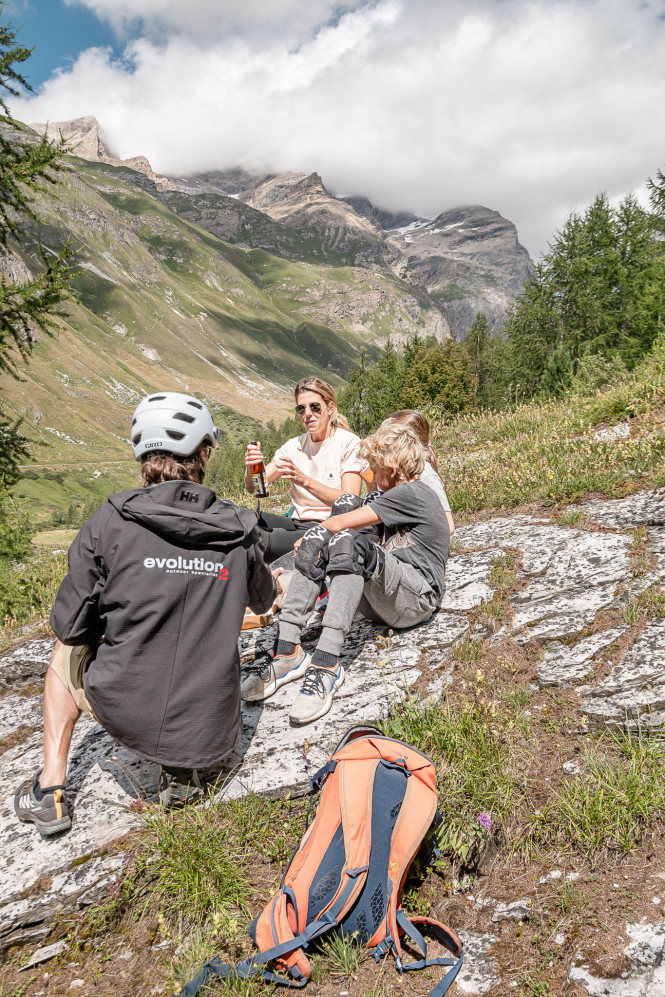This summer, you've decided to head to the great outdoors, to the mountains. And you’re right! The mountains offer an exceptional setting for a vacation or a getaway. But keep in mind that you are not alone in nature: it is important to respect wildlife and flora while ensuring your own safety. Here’s how to fully enjoy your experience while being respectful. A true mountain outing experience includes wildlife observation, which requires a delicate approach to avoid disturbing animals in their natural habitat. Here are some tips for responsible observation.
Observe animals from a distance
Bring binoculars so you can watch animals from afar without disturbing them. This allows you to maintain a safe distance: do not attempt to get closer to wild animals for a better photo, as this can stress them and cause them to flee or behave unpredictably. Stay discreet and quiet, minimizing noise and movement. The calmer you are, the more likely you are to observe their natural behavior. There are more sensitive periods than others, such as the breeding season, during which animals are particularly stressed and vulnerable.


